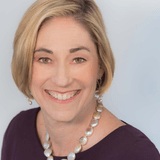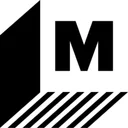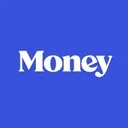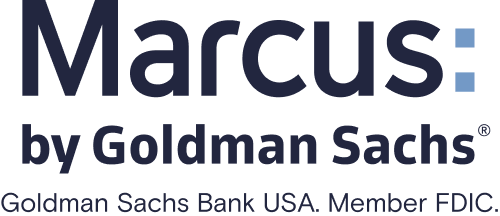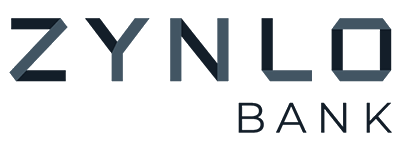How to Set Up Direct Deposit
Get a direct deposit form from your employer, fill it in, attach a check or deposit slip, then submit it.
Many, or all, of the products featured on this page are from our advertising partners who compensate us when you take certain actions on our website or click to take an action on their website. However, this does not influence our evaluations. Our opinions are our own. Here is a list of our partners and here's how we make money.
Direct deposit is a free electronic transfer service that sends your paychecks or benefit checks to a bank account or prepaid debit card of your choosing.
Having Chase or Bank of America direct deposit, among other banks', can also help you avoid monthly checking account fees.
Here’s everything you need to know about how to set up direct deposit at your financial institution.
» Learn more: What is direct deposit?
1. Get a direct deposit form from your employer
Ask for a written or online direct deposit form. If that isn’t available, ask your bank or credit union for one. We’ve included a list of forms from top banks and credit unions, including the Capital One and Bank of America direct deposit forms.
Alliant Credit Union direct deposit form Routing number: 271081528 | |
Ally Bank direct deposit form Routing number: 124003116 | |
Bank of America direct deposit form | |
Capital One 360 direct deposit form | |
Charles Schwab Bank direct deposit form Routing number: 121202211 | |
Consumers Credit Union direct deposit form Routing number: 271989950 | |
Discover® Bank direct deposit form Routing number: 031100649 | |
Sychrony Bank direct deposit form Routing number: 021213591 | |
If you receive Social Security or other federal benefits, it’s legally required to get them through direct deposit or a Direct Express prepaid debit card. To sign up, visit Go Direct or call (800) 333-1795.
2. Fill in account information
You typically need to provide the following personal and bank details:
Bank's mailing address. Find this on your bank statement or your financial institution’s website. If you use your bank's direct deposit form, you'll likely need your employer's address.
Bank's routing number. This is the nine-digit number printed on your bank statement or along the bottom left of your checks.
Your account number. This comes after the routing number on the bottom of your check. You may also find it on your deposit slip or bank statement.
Type of account. This typically will be your checking or savings account. It’s where your direct deposit will go.
Other. Some forms also ask for your Social Security number or mailing address.
» The parts of a check: How to find your bank routing number, account number and other important information
Many checking accounts can receive direct deposits up to two days early. Check with your bank to see if it offers this free, automatic feature.
3. Confirm the deposit amount
You can choose to deposit 100% of the check into a checking account, but there’s a benefit to splitting direct deposit into two or more accounts. If you can put a portion, such as 20%, of your paycheck or benefit check into a high-yield savings account, you can save automatically each month. (To find savings accounts with the highest rates, see our list of the best online savings accounts.)
Forbright Bank Growth Savings

4.00%
$0
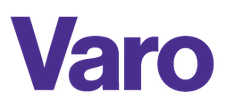
Member FDIC
Varo Savings Account

5.00%
$0
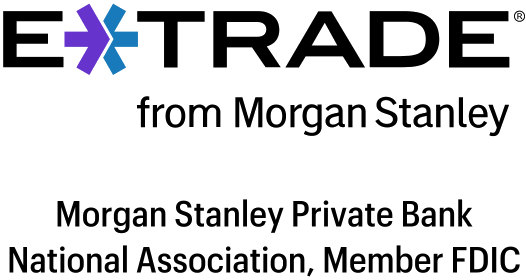
Member FDIC
E*TRADE Premium Savings

3.50%
$0
4. Attach a voided check or deposit slip, if required
Some employers use a voided check or deposit ticket to verify the account and routing numbers. If you’re asked to do this, write “VOID” across the front of a blank check, which ensures the check’s unusable if it’s lost or stolen. Then attach the check or slip to the direct deposit form.
5. Submit the form
Give the form to your employer, and wait for the direct deposit to go into effect. It may take weeks, so monitor your bank account regularly.
Direct deposit is a convenient service that can give you faster and safer access to your hard-earned money than a check. You’ll need to take some time to set up the automatic deposit. But you’ll save time later by eliminating trips to a bank to cash checks — or waiting for checks to clear. It is also a great way to automate saving money each month.
» RELATED: Learn six ways to steamline your bank accounts





